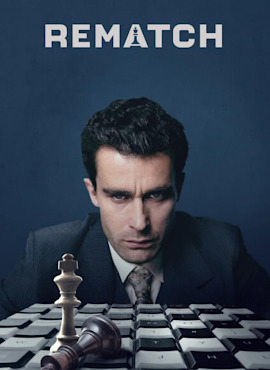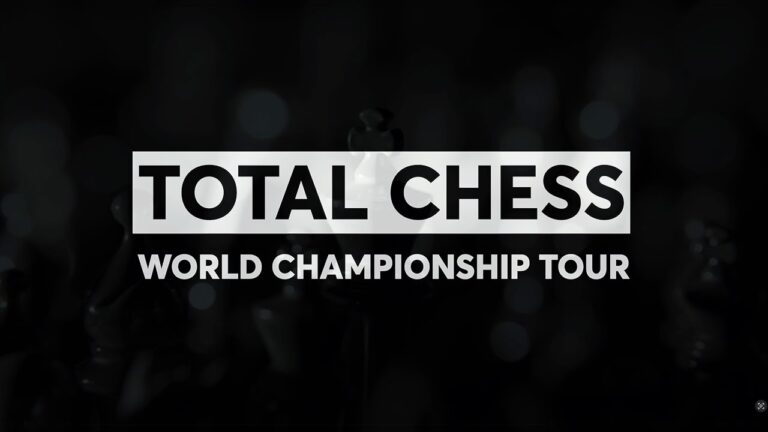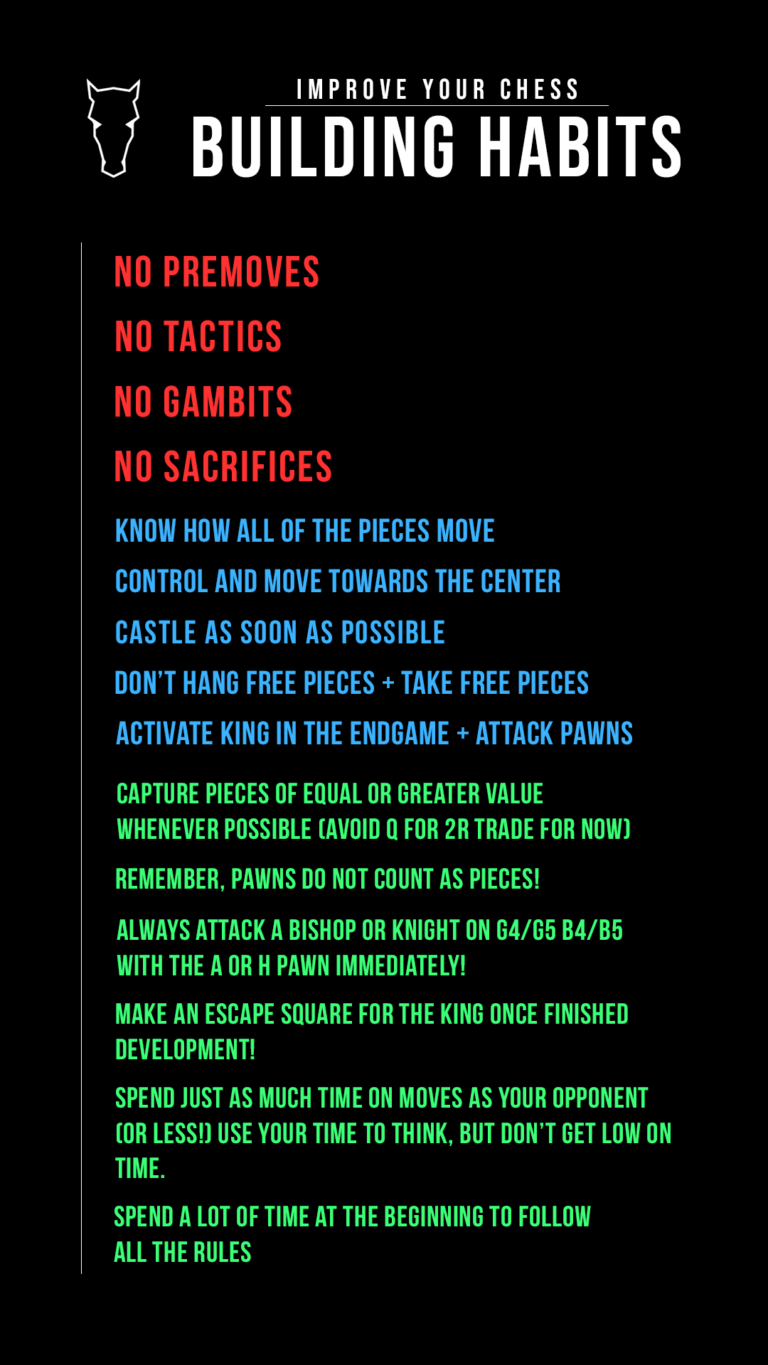On a chessboard, whether you face a human or artificial intelligence, there is only on truth.
Chess is war.
In its purest form, two armies on a battlefield made of 64 squares with precise rules of engagementfor each troop.
The pawns, simple soldiers, guarding the line.
The bishops, lively and wily, moving diagonally.
The knights, jumping over the melee to strike.
The hooks, tall and imposing, moving in straight lines.
Each army has one goal.
To eliminate the opposing king.
At first glance, it’s nothing too complicated.
But on the chessboard, it’s pure mental torture.
By calculating all the possible chess combinations in a game, we get 10 to the power of 123 (1 followed by 123 zeros) possible moves. Which is more than all the atoms in the universe.
To excel, we must attack at the right time. Lay a trap at the right time. Or sacrifice at the right time.
If the goal in chess is to kill the king, the player’s goal is to destroy the mind and soul of the opponent.
Checkmate.
These 64 squares push our mental capacities to their limits.
But the real question is, can chess ultimately make us better human beings?
You’ll have to play to find out.
Rematch Kasparov speech at the opening scene of the series.
I love this speech!




